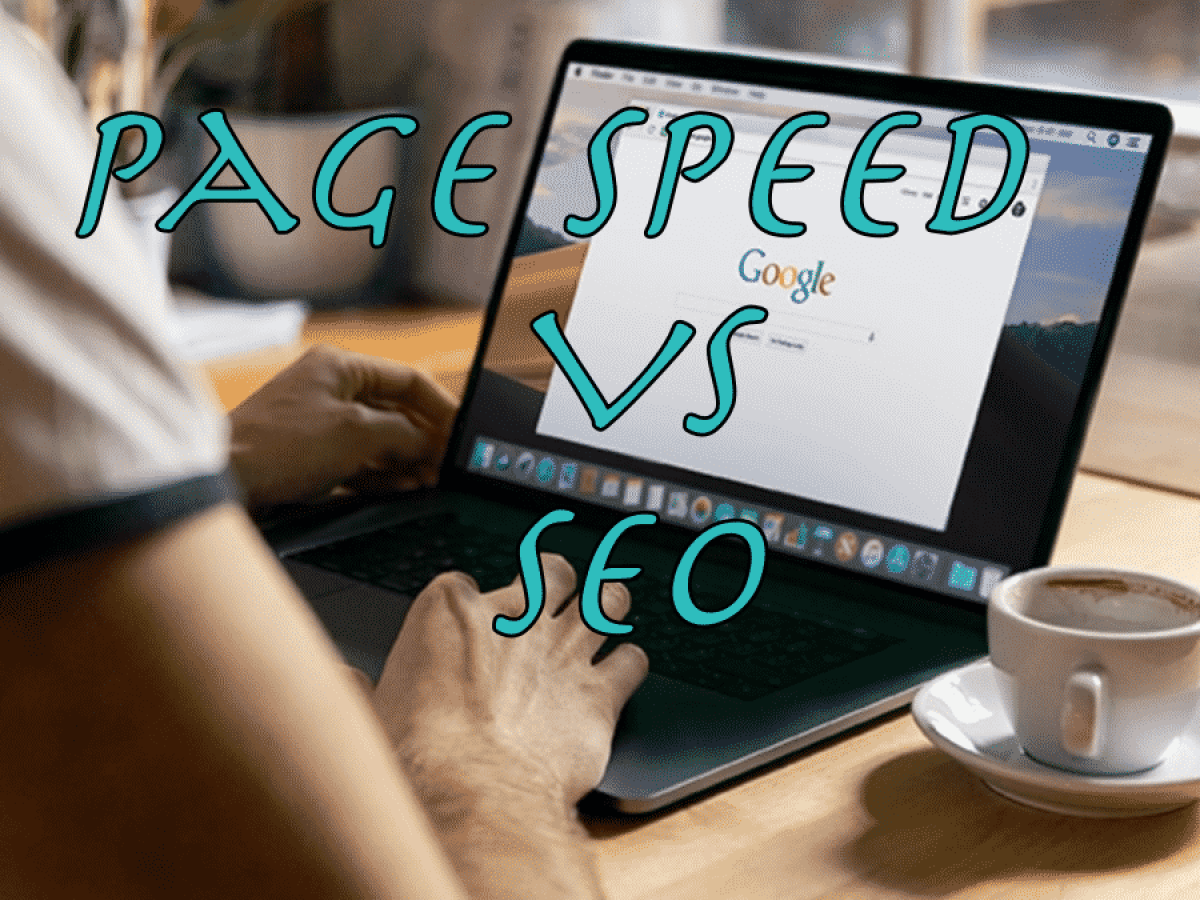Website Speed vs. SEO Rankings: Exploring the Connection

With global internet speeds increasing, users expect websites to load instantly. Slow sites lead to high bounce rates. As a result, site speed is growing as an important ranking factor for SEO.
Faster Sites Improve SEO
Research shows faster sites tend to rank higher in search results. Google has made speed a component of overall site quality assessment for relevance. Improving speed improves discoverability and traffic.
Optimizing Page Load Time
Best practices like compressing images, minimizing HTTP requests, implementing browser caching, optimizing code and using CDNs help optimize page load time. Eliminate anything slowing things down.
Balancing Speed and Content
While faster sites have an SEO advantage, quality unique content still powers rankings. Finding balance is key. Use speed best practices but avoid hurting content depth through over-optimization.
Mobile Site Speed Emphasized
With mobile dominating global traffic, having fast mobile page speeds is now heavily weighted for mobile search rankings. Ensure mobile experience is optimized through actions like responsive design.
Monitoring Metrics Like Time to Interactive
Tools like PageSpeed Insights and Lighthouse measure Time to Interactive and other speed metrics. Diagnose issues dragging speed down. Set performance budgets and aim to exceed them.
Leveraging the “Need for Speed” Mentally
The correlation between speed and rankings provides further incentive to prioritize speed. Let speed be a guiding mantra through all phases of development, not an afterthought.
Weighing Tradeoffs Holistically
Faster performance requires balancing tradeoffs like delaying new feature launches to refine code. Consider all factors in prioritization. Don’t sacrifice long term quality for temporary speed gains.
The connection between site speed and discoverability continues to strengthen. By holistically optimizing speed, sites reap higher organic visibility along with happier users.

